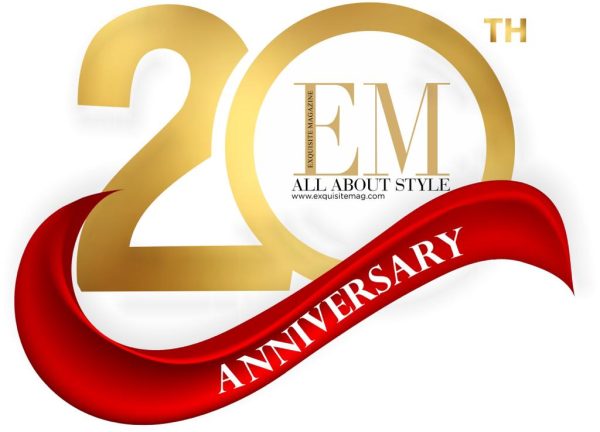
“We often imagine that our relationships are permanent and fixed – I don’t get along with him because he’s a control freak, and that’s not likely to change. But we underestimate ourselves, and each other. It’s true that you can’t give your colleagues a personality transplant and turn them into entirely different people; we all have natural tendencies that emerge. But clearly understanding the dynamics of the relationship – and making changes to what’s not working – can lead to markedly more positive results.“
If you’ve spent enough time in the workforce, you almost certainly have a trail of damaged professional relationships behind you. That doesn’t mean you’re a bad manager or employee; it’s simply a fact that some people don’t get along, and when we have to rely on each other (to finish the report, to execute the campaign, to close the deal), there are bound to be crossed wires and disappointments.
When conflict happens, many of us try to disengage — to avoid the person around the office, or limit our exposure to them. That’s a fine strategy if your colleague is peripheral to your daily life; you may never have to work with that particular office again. But if it’s your boss or a teammate, ignoring them is a losing strategy. Here’s how to buck up and repair a professional relationship that’s gone off the rails.
First, it’s important to recognize that making the effort is worthwhile. Obviously it’ll ratchet tension down at the office if you’re not glaring at your colleague every time they enter the room. But resolving this tension will actually aid your own productivity. A core tenet of efficiency expert David Allen’s Getting Things Done approach is “closing open loops” – i.e., eliminating unresolved matters that nag at your mind. Just as you can’t rest easy until you respond to that scheduling request, you’ll have a much harder time focusing professionally if you’re constantly in the midst of fraught encounters.
Next, recognize your own culpability. It’s easy to demonize your colleague (He turned in the report late! She’s always leaving work early!). But you’re almost certainly contributing to the dynamic in some way, as well. As Diana McLain Smith – author of The Elephant in the Room: How Relationships Make or Break the Success of Leaders and Organizations – told me in an interview, “You may be focusing on another person’s downside – and then starting to behave in ways that exacerbate it.” If you think your colleague is too quiet, you may be filling up the airtime in meetings, which encourages them to become even quieter. If you think he’s too lax with details, you may start micromanaging him so much, he adopts a kind of “learned helplessness” and stops trying at all. To get anywhere, you have to understand your role in the situation.
Now it’s time to press reset. If you unilaterally “decide” you’re going to improve your relationship with your colleague, you’re likely to be disappointed quickly. The moment they fail to respond to a positive overture or (yet again) display an irritating behavior, you may conclude that your effort was wasted. Instead, try to make them a partner in your effort. You may want to find an “excuse” for the conversation such as the start of a new project or a New Year’s Resolution, which gives you the opportunity to broach the subject. “Jerry,” you could say, “On past projects, sometimes our perspectives and work styles have been a little different. I want to make this collaboration as productive as possible, so I’d love to brainstorm with you a little about how we can work together really well. Would that be OK with you?”
Finally, you need to change the dynamic. Even the best of intentions – including an agreement with your colleague to turn over a new leaf – can quickly disintegrate if you fall back into your old patterns. That’s why McLain Smith stresses the importance of disrupting your relationship dynamic. In the aftermath of a conflict, she suggests actually writing down a transcript of what was said by each party, so you can begin to see patterns – where you were pushing and she was pulling. Over time, it’s likely that you’ll be able to better grasp the big picture of how you’re relating to each other, and areas where you can try something different. (If you were less vehement, perhaps she’d be less resistant.)
We often imagine that our relationships are permanent and fixed – I don’t get along with him because he’s a control freak, and that’s not likely to change. But we underestimate ourselves, and each other. It’s true that you can’t give your colleagues a personality transplant and turn them into entirely different people; we all have natural tendencies that emerge. But clearly understanding the dynamics of the relationship – and making changes to what’s not working – can lead to markedly more positive results.
source: HBR















